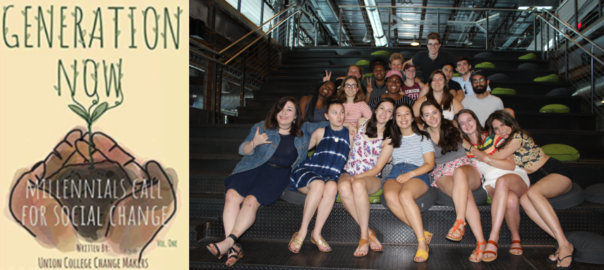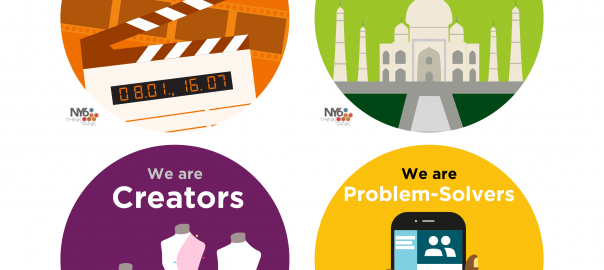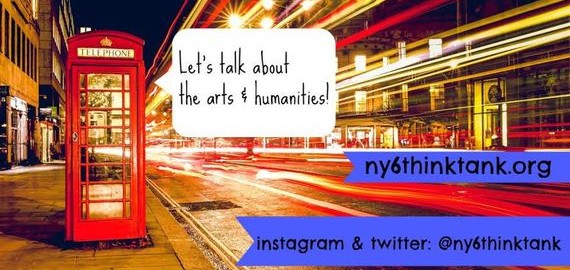The high school and college students of today are the workforce of tomorrow. They have a personal interest in the shape of the future, and they are directly affected by national conversations about educational value, access, and cost.
These students are bombarded with messages concerning the usefulness of their college degrees. The practicality of different fields of study. Their employability and salary prospects. In essence, the major question running the show is: What is your worth when you consider the worth of your college degrees?
Although they are directly affected by these messages, college-age students have been largely absent from national conversations about the value of the arts and humanities in higher education, in the professional world and in society at large. It is for this reason that in the winter and spring of 2015, 13 out of 45 applicants were selected for a student fellowship generously granted to the New York Six Liberal Arts Consortium by the Andrew Mellon Foundation.




